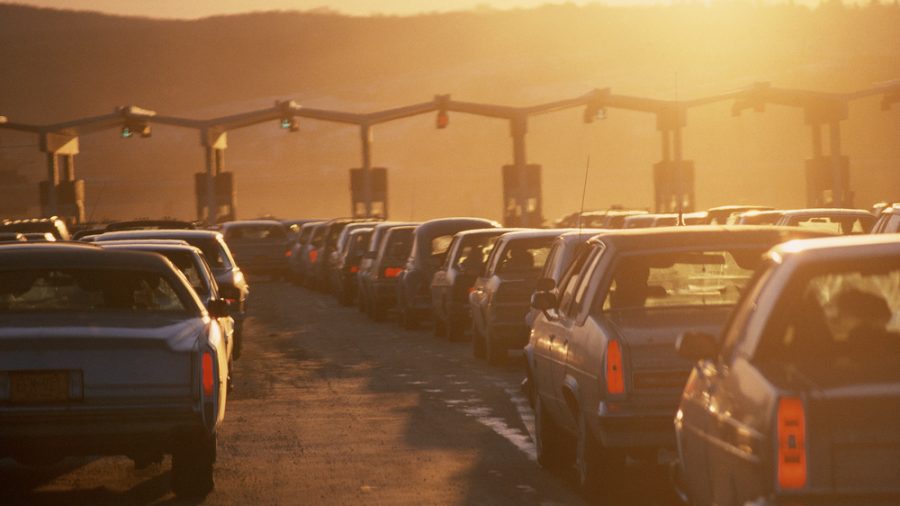The NSW inquiry into road tolling began in April 2017 with the intention to remove the secrecy surrounding tolling. Even though road tolls can and do cost motorists thousands of dollars a year, we don’t know much about the road tolling system.
Transurban projects
Transurban is the owner of 13 toll roads in Sydney, Brisbane and Melbourne and the main beneficiary of tolls. Its main projects in NSW are:
- Northconnex, a 9km tunnel linking the M1 at Wahroonga to the Hills M2 at Pennant Hills for $3 billion – to be completed 2019
- Westconnex, a 33km road that will open in stages over the next 6 years and cost $16.8 billion.
The NSW government has signed a deal that Transurban will receive:
- Tolls from Northconnex until 2048
- An extension of tolls on the Westlink M7 until 2048 (was 2037)
- An increase in truck tolls on the Westlink M7.
The inquiry asked how much Transurban would make from this deal. General manager Andrew Head said he “had not calculated how much tolls would be” because returns “come through over a 40-year period”.
NSW motorists are being asked to accept a private company is making a long-term investment without any idea how much it expects to make from that investment.
Affordability
One matter that keeps arising during the inquiry is affordability. Roads and Maritime Services was basing its affordability criteria on wage growth of 4.25% each year. In fact, wage increases are limping along at 1.9% just below the CPI at 2.1%.
In spite of this, Westconnex tolls are going up by 4% each year for 43 years, which rather dramatically outpaces CPI and wages growth. Transurban is earning a return on capital of about 25%.
Nobody at the inquiry explained why the increase was set at 4% each year. In fact, one respondent said, “essentially because that is how the deal stacks up”.
Unfair for western Sydney
Motorists in western Sydney, in particular, feel they are being unfairly targeted with road tolls. During the inquiry, the mayors of Blacktown and Penrith have pushed hard for a cap on road tolls.
Just as an Opal card is capped at $60 per week, they wanted to cap tolls at $40 per week. They also wanted people living in areas with limited public transport or in socially disadvantaged areas to pay lower tolls. The mayors also argued against putting tolls back on the M4 in mid-2017.
The inquiry later heard motorists commuting from the CBD to the western suburbs could pay, over 43 years, up to $33 a day or $169 a week. This is a grand total of $8,500 a year. Some 40-50% of these motorists are, according to research, light goods vehicle drivers or tradies.
Unpaid tolls a crime
Meanwhile, unpaid toll debt is increasing rapidly. The state acts as debt collector and enforcer for the road toll owner, even though Transurban is a private company. Unpaid tolls are treated as a crime – someone can go to jail for it. But if a customer fails to pay Telstra or Harvey Norman, for example, it is a civil matter between customer and company.
Still evasive
It will be interesting to see what comes out of the Senate road tolling inquiry, if anything. Nobody has revealed any dark secrets so far and, in fact, the reverse. The most common answers in the inquiry are evasive, eg, “I don’t have the figures for that; I’ll have to take that on notice; that is not my concern”.
In fact, respondents at the inquiry seem to feel ‘fairness” is just not their concern.


your opinion matters: